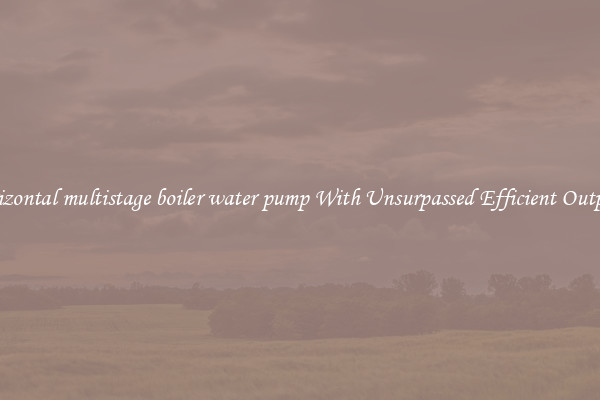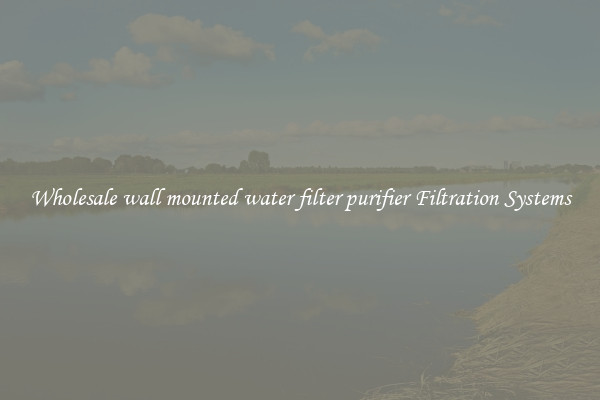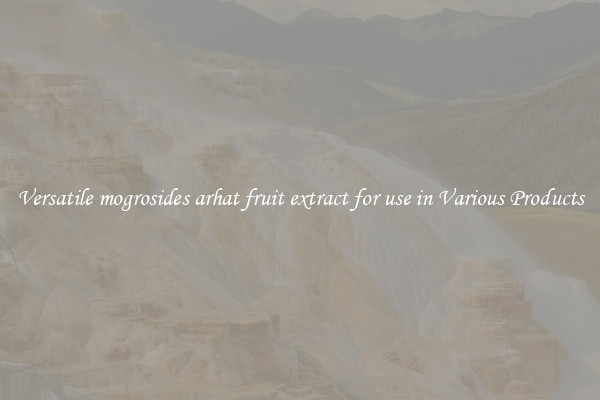Advanced And Efficient precipitation of water
Water is one of the most essential resources on our planet. It is crucial for human survival, agriculture, and countless other industries. However, in many parts of the world, access to clean and safe drinking water is becoming increasingly scarce due to pollution, climate change, and overuse. As a result, finding advanced and efficient methods to precipitate water is more important than ever.
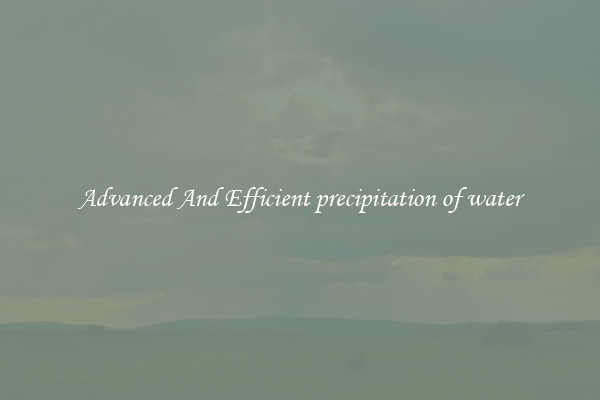
One such method that has been gaining traction in recent years is the use of advanced precipitation technologies. These technologies are designed to extract water from the atmosphere in a highly efficient and cost-effective manner. By harnessing the power of condensation, these systems can generate clean drinking water from even the most humid air.
One of the key benefits of advanced precipitation technologies is their ability to operate in remote or arid areas where traditional water sources are scarce. By relying on atmospheric moisture, these systems can provide a sustainable source of water for communities that would otherwise be forced to travel long distances to access clean water.
Furthermore, advanced precipitation technologies are highly adaptable and can be scaled up or down depending on the needs of the community. This means that they can be used to supply water for individual households, small villages, or even larger urban areas. By providing a flexible and customizable solution, these technologies have the potential to revolutionize water access around the world.
In addition to being highly efficient, advanced precipitation technologies are also environmentally friendly. Unlike traditional water extraction methods, such as desalination or groundwater pumping, these systems do not require large amounts of energy or produce harmful byproducts. This makes them a sustainable and eco-friendly solution for communities looking to reduce their water footprint.
Overall, advanced precipitation technologies offer a promising solution to the growing water crisis facing many parts of the world. By harnessing the power of condensation, these systems can generate clean drinking water from the air in a sustainable, cost-effective, and environmentally friendly way. As access to clean water becomes an increasingly urgent issue, investing in advanced precipitation technologies may be the key to ensuring a brighter future for our planet and its inhabitants.
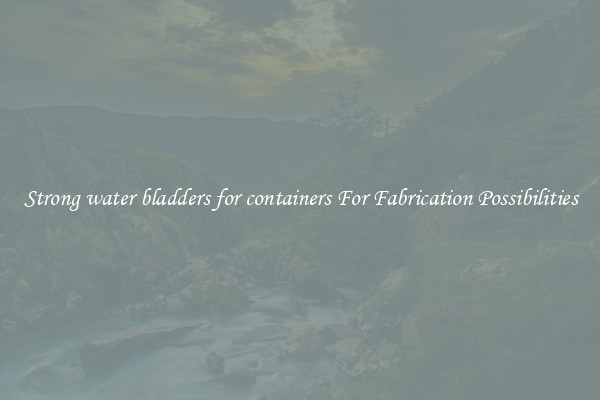
View details

View details

View details

View details
